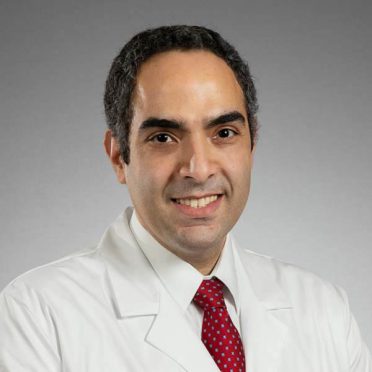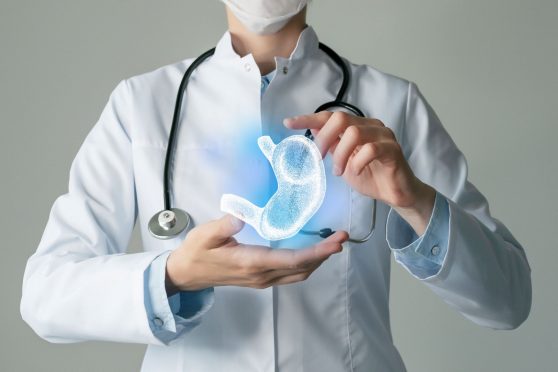Patients in Fairfield County now have access to the state-of-the-art Hartford HealthCare Neurogastroenterology and Motility Center for the diagnosis and treatment of complex gastrointestinal motility disorders.
> Concerned about swallowing or acid reflux? Connect with an expert today
What are gastrointestinal motility disorders?
“In general, patients with any type of gastrointestinal complaint could be termed as a motility patient,” said Amir Masoud, MD, co-medical director of the Center. “Symptoms such as reflux, difficulty swallowing, abdominal pain and feeling full very fast could signify an issue with gastrointestinal motility. We are dedicated to knowing what that issue is and more importantly, fixing it.”
Examples of common conditions managed at the Center include:
- Swallowing disorders
- Pulmonary complications of GERD
- Gastroparesis and functional bowel disorders
- Severe constipation and fecal incontinence
How are these disorders diagnosed?
The Neurogastroenterology and Motility Center offers the most state-of-the-art diagnostic procedures. The evaluation process is customized to each patient to obtain the most accurate diagnosis and develop the ideal treatment plan.
“EndoFLIP, for example, is a diagnostic tool used during an endoscopy to figure out what’s going on in the esophagus,” said Dr. Masoud. “It enables us to assess the motility, for structural abnormalities and tightness in the lower part of the esophagus. It is an essential tool in esophageal diagnostics.”
The Center has a laboratory on site where testing, such as breath testing, can be performed. Breath testing looks for things such as small bowel bacteria, overgrowth and certain food intolerances.
SmartPill is another state-of-the-art non-invasive method of measuring gut motility. It is a small capsule that when swallowed records data allowing for the assessment of whole gut transit time.
What treatments are offered?
“We aim to come up with a comprehensive plan for our patients, which sometimes means we have to think outside of the box,” said Dr. Masoud. “We not only want to offer diagnostics and testing to tell patients what they have but also how to fix it and how to feel better.”
Treatments include:
- Endoscopic stricture dilation
- Pneumatic dilation for achalasia
- Per-oral endoscopic myotomy (POEM)
- Gastric-POEM
- Gastric Electrical Stimulation (Enterra)
- Biofeedback therapy
- Pelvic Floor Rehabilitation



